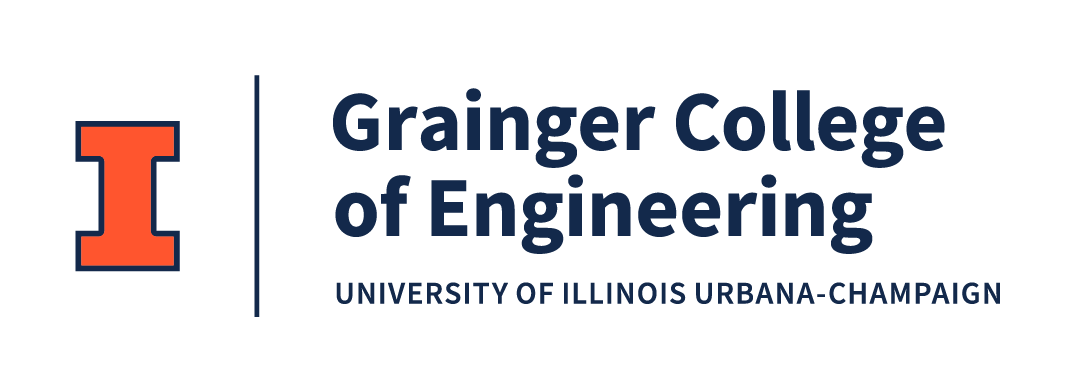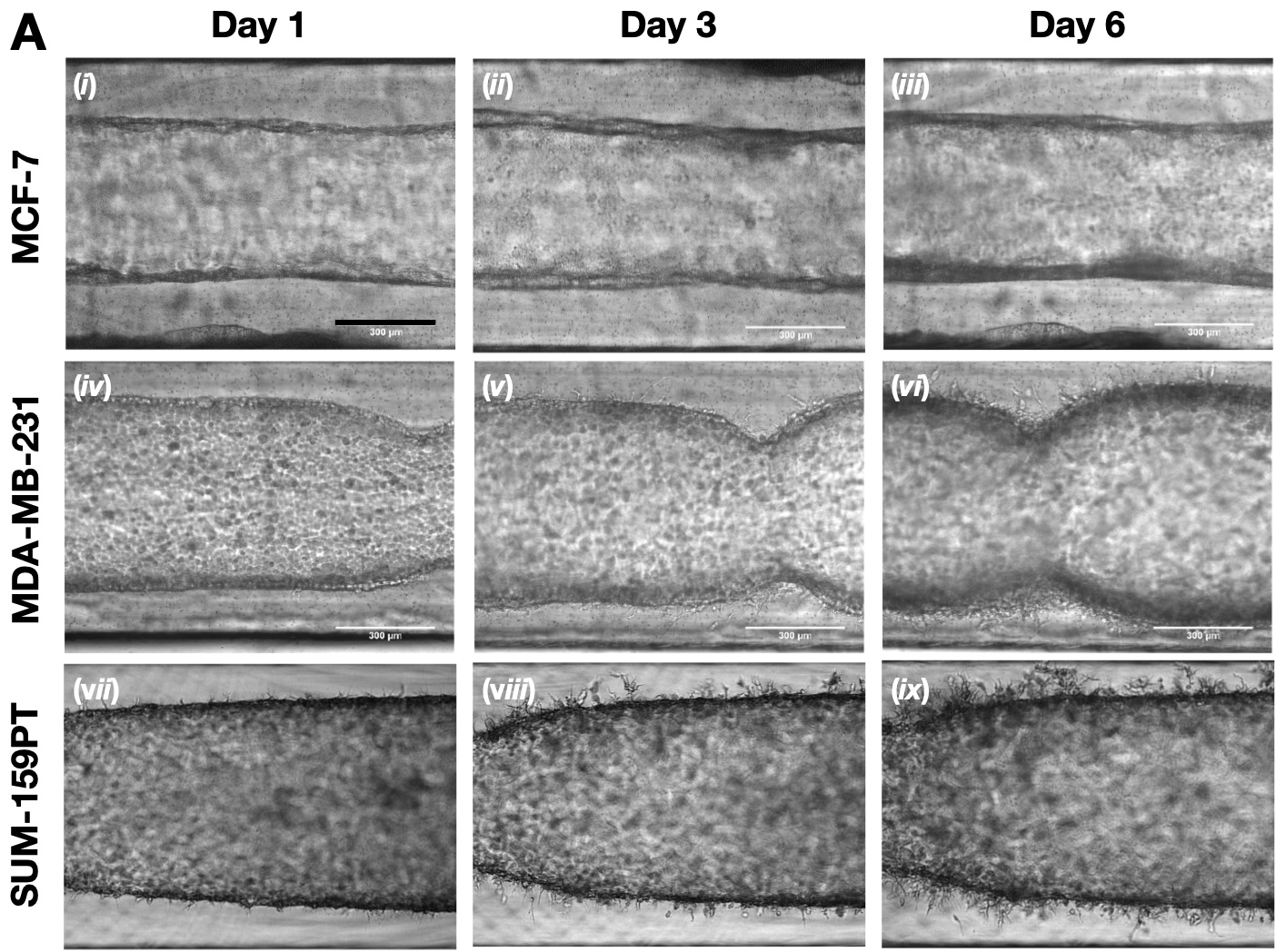Our work on microfluidic tumor models of subtype-specific triple-negative breast cancer is published at the Journal PlosONE.
Subtype-specific characterization of breast cancer invasion using a microfluidic tumor platform
Hye-ran Moon, Natalia Ospina-Muñoz, Victoria Noe-Kim, Yi Yang, Bennett D. Elzey, Stephen F. Konieczny, and Bumsoo Han

Abstract
Understanding progression of breast cancers to invasive ductal carcinoma (IDC) can significantly improve breast cancer treatments. However, it is still difficult to identify genetic signatures and the role of tumor microenvironment to distinguish pathological stages of pre-invasive lesion and IDC. Presence of multiple subtypes of breast cancers makes the assessment more challenging. In this study, an in-vitro microfluidic assay was developed to quantitatively assess the subtype-specific invasion potential of breast cancers. The developed assay is a microfluidic platform in which a ductal structure of epithelial cancer cells is surrounded with a three-dimensional (3D) collagen matrix. In the developed platform, two triple negative cancer subtypes (MDA-MB-231 and SUM-159PT) invaded into the surrounding matrix but the luminal A subtype, MCF-7, did not. Among invasive subtypes, SUM-159PT cells showed significantly higher invasion and degradation of the surrounding matrix than MDA-MB-231. Interestingly, the cells cultured on the platform expressed higher levels of CD24 than in their conventional 2D cultures. This microfluidic platform may be a useful tool to characterize and predict invasive potential of breast cancer subtypes or patient-derived cells.

